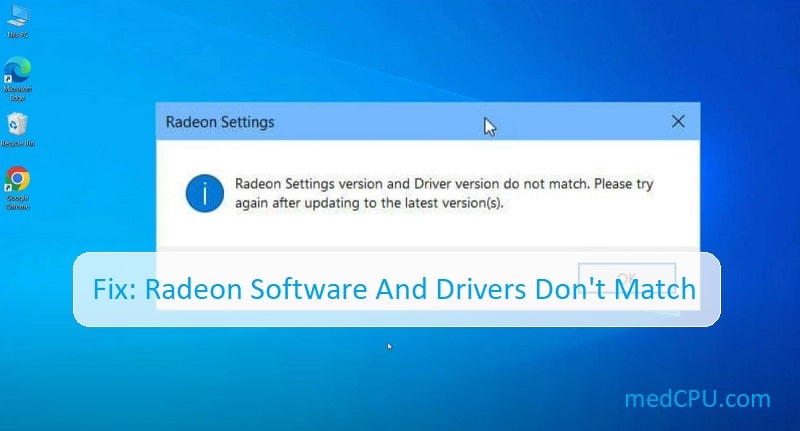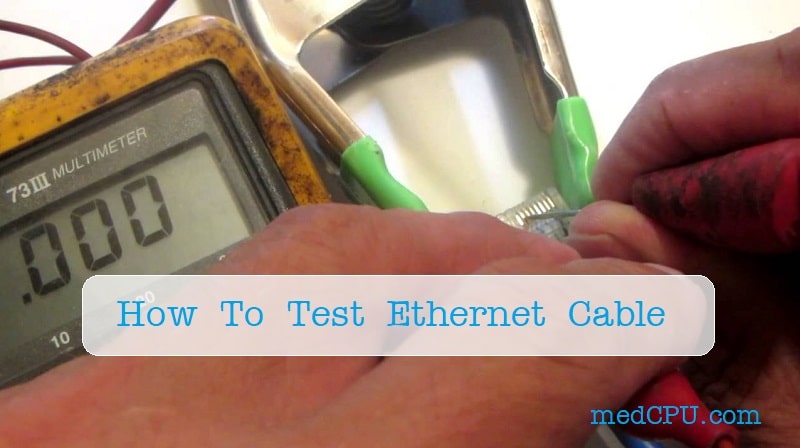Your rig’s ability to perform to its full potential depends heavily on thermal paste. Your CPU is susceptible to overheating without thermal paste. This may limit the life of the system of your computer and lead to a variety of performance issues. This article by MedCPU will show the precise steps of how to clean thermal paste off CPU quickly and safely.
What is thermal paste?
To increase heat transfer between the CPU integrated heat spreader (IHS) and the heatsink, thermal paste, a paste-like substance, is used. Simply put: it keeps your CPU cool.
As seen below, the contact surface’s microscopic flaws lead to the formation of air pockets between them. This is where the TIM (Thermal Interface Material), often known as thermal paste, is essential.
The heat is efficiently transferred from the CPU to its heatsink by filling these pockets and forming a homogeneous heat spreader across the entire surface.
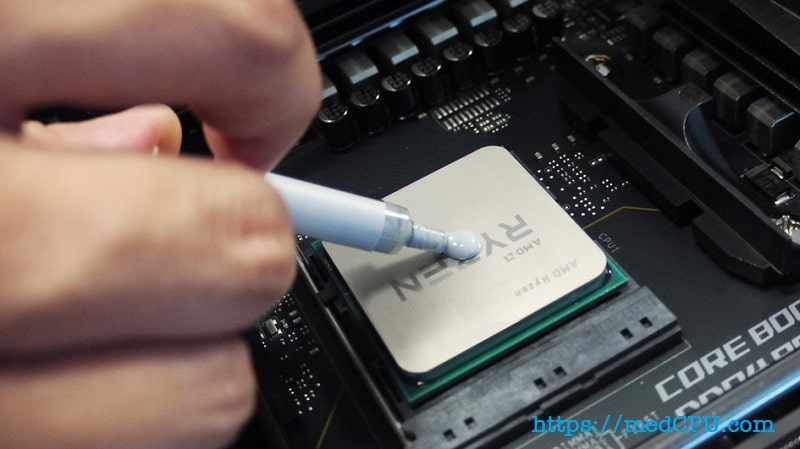
How often should you clean thermal paste off the CPU?
Depending on how you use your computer and the original thermal paste’s quality, you need to reapply it every three to five years. Other factors that could necessitate a new application include:
- Upon improper application of the initial thermal paste.
- Your CPU is operating at temperatures that are greater than usual.
- You’re either replacing the CPU cooler or removing it to clean it.
How to clean thermal paste off CPU?
What you need to clean thermal paste off CPU
A microfiber cloth (not paper towels, as they can scratch the surface):
- Rubbing alcohol (at least 90%)
- Cotton swabs
- A plastic spudger (optional)
Step 1: Remove the CPU Cooler
How to Remove a CPU Cooler, explained:
- Let your computer run for the first 15 minutes or so. Since the thermal paste will become softer as a result—cold thermal paste is much more likely to keep the CPU and heatsink bonded together—it will be simpler to remove the CPU cooler.
- Immediately turn off your computer and unhook everything, including the power cord for the CPU cooler.
Remove the cooler’s clips and bolts. - To make the cooler loose, gently twist it back and forth. Avoid pulling or yanking on the heatsink during this process to avoid potentially damaging the CPU pins.
- Non-stock coolers with or without badges from third parties may have different mechanisms, although they’re often not that challenging to take apart.
- The heatsink should be simple to remove once it is loose.
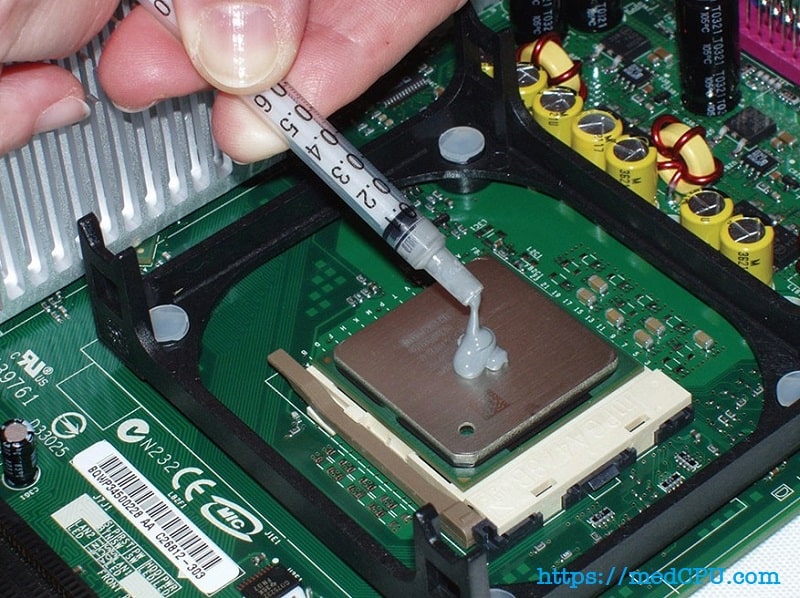
Step 2: Clean thermal paste off CPU
We’ll discuss how to remove the thermal paste from your CPU here:
- Gently scrub the old thermal paste with a dry microfiber cloth. Any “loose” pieces will be eliminated as a result.
- Give the microfiber cloth a little coating of the solution of your choice (isopropyl alcohol or thermal paste cleaning).
- When there is no longer any thermal paste visible, wipe the CPU from top to bottom. Do it carefully and softly; otherwise, it can harm the CPU.
- Ensure that you wipe the edges as well.
- Dehydrate the CPU. The solution will determine how long it takes to dry, however, we suggest waiting for around an hour.
Step 3: Reapply the thermal paste
The thermal paste needs to be applied again next. Read the directions that came with your thermal paste first.
- Reinstall the heatsink on the CPU with care. It will distribute the paste more evenly if you position it as flat as possible.
- Install the CPU cooler. Hold it securely in place and don’t let go.
How to clean thermal paste off CPU socket pins?
These are some steps that explained how to clean thermal paste off CPU socket pins.
Apply 70% Isopropyl alcohol
- Please take a little isopropyl alcohol and put it in a bowl. Dip the toothbrush in the alcohol to soak it up.
- Try gently wiping the thermal paste from the pins in a straight line. The CPU can function even if not all of the paste is removed. Just enough paste must be removed to ensure proper contact between the pins and the socket.
- Brush the toothpaste off it.
- Take out any extra alcohol. When you feel you have finished, leave the CPU outside to let the extra alcohol evaporate or use a q-tip to soak it in.
- The CPU should be tested. After applying fresh thermal paste, insert the CPU into the motherboard socket. Test the PC by putting on your CPU cooler.
How to clean thermal paste off CPU by using cleaners
- Where necessary, use a little amount of thermal paste cleaning on the CPU.
- Gently brush the tips with the q-tip.
- Usually, a few soft wipes are sufficient to finish the cleaning.
- Change q-tips. Lumpy thermal paste will adhere to the q-tip.
- Eliminate any extra liquid. To wipe up the extra liquid, use a clean q-tip.
- Check to see if the CPU functions. Try installing the CPU on the motherboard socket with fresh thermal paste after it has been cleaned and dried (appropriately applied). If your computer doesn’t start up, turn on your CPU cooler.
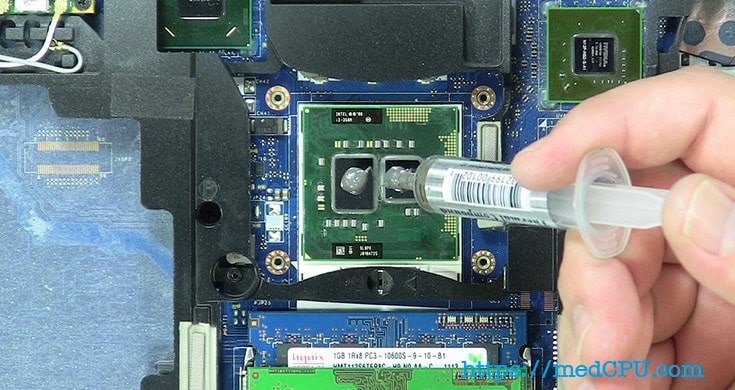
How to clean thermal paste off CPU without alcohol?
You may remove the thermal paste from the CPU using several techniques without alcohol.
Method 1: Use a nail polish remover to remove the paste
Items required:
- Remover of nail polish
- Regular fabric
- A level terrain
- Thermionic fluid
First, keep in mind that a smooth piece of cloth is necessary to avoid adding extra ridges to the surfaces of the sink and processor. Nextly, get the nail polish thinner out. They are available at typical retailers. Put a small amount of nail paint remover on the cloth before placing it on the bottle mouth.
Wipe the surface slowly to remove all of the crusted greases. Maintain the processor on a flat surface as well. Finally, apply the new thermal paste to the surface after removing all of the old residues.
Method 2: Clean with vinegar and distilled water
With vinegar and water, the thermal paste can also be eliminated. The acidity of the vinegar allows for the effective removal of oily materials.
Items you’ll need
- A cup and a half of distilled water
- 0.5 cups of vinegar
- Aerosol can
- Filter paper for coffee
First, pour the necessary quantity of vinegar and distilled water into a spray bottle and thoroughly combine them.
Get a cloth or better-quality coffee filter paper and spray the solution on it.
Nextly, use a soft cloth to wipe the surface and check to see if there is any paper or fabric residue on the heatsink’s and processor’s surfaces.
How to apply thermal paste?
Contrary to popular belief, applying thermal paste to a processor is simple. We have detailed and instructive instructions to apply thermal paste to a CPU to assist you in doing this.
- Take off the thermal paste syringe’s cap.
- Push the thermal paste onto the CPU slowly and carefully.
- Applying a pea-sized dot to the processor’s center is the simplest procedure.
- As soon as the heatsink is in place, begin diagonally tightening the screws to make sure the pressure is as uniform as possible.
Finally, you can connect your computer and turn it on. Enjoy the strength of your new CPU or the cooling your new heatsink provides.
The above article helped you learn about: How to clean thermal paste off CPU?
Read more:

Eyal Ephrat serves as the co-founder and CEO of medCPU.com, where technology is making significant strides in the field of medicine. Through his experience in purchasing PC and laptop equipment and various other tech products, Eyal Ephrat contributes valuable insights to medCPU’s mission.




